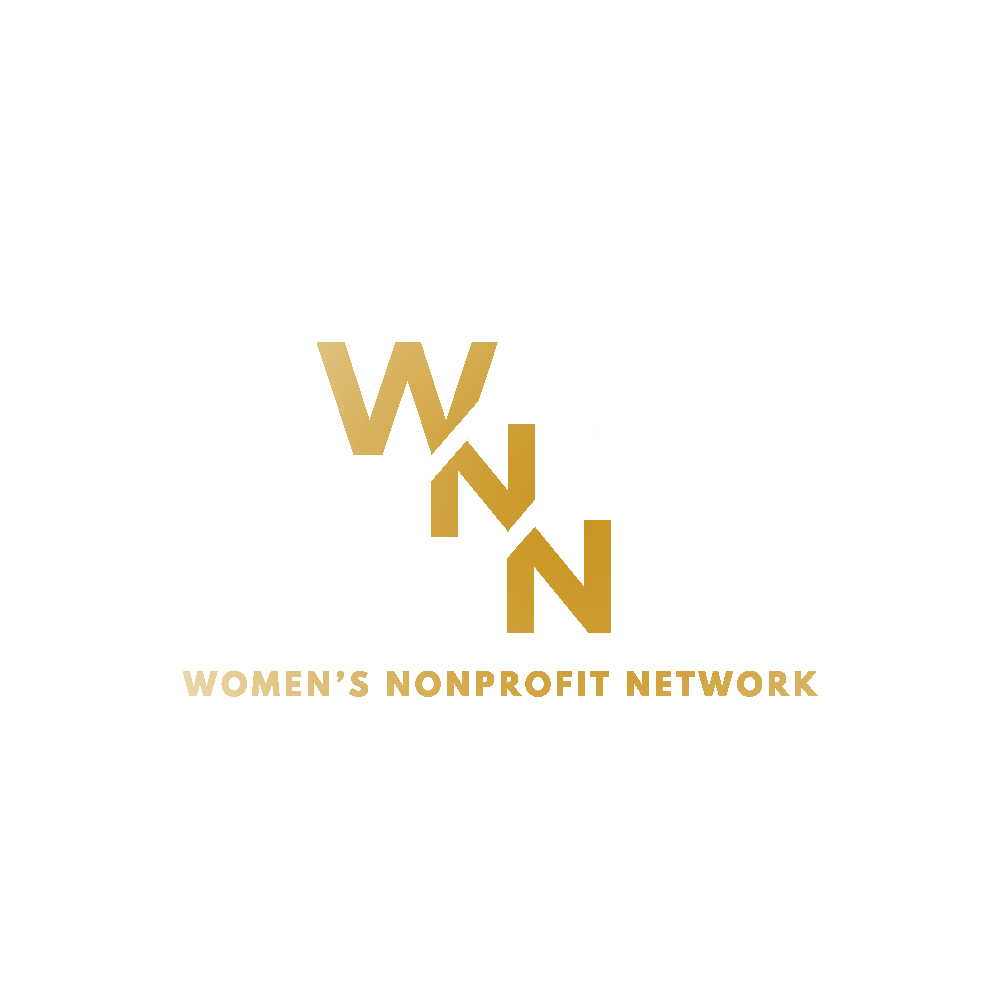How I’m Approaching Work Differently Following a Career Break to Heal from Burnout
Cutting vegetables, showering, walking the dog, driving, falling asleep–these are all times I used to think about how to solve work problems or go over meetings and conversations in my mind. As a knowledge worker, I was dedicating many more hours in the day than 9-5 toward work. My mind was constantly turning over these projects and issues. Instead of a 40-hour week, I was easily “working” more like a 60-hour week given the time I spent mentally on work.
I thought I was being smart by using idle mental time to get ahead at work. But, now that I’m on the other side of burnout I recognize what a disservice that was to my mental capacity and well-being.
We need to rest our brains. We need space to think about the rest of our lives–to dream, to aspire (to plan trips, in my case). But, our brains tend to flood with the things we’re worried about most–roadblocks in a campaign, tough feedback for a team member, how to get so-and-so’s buy-in on some new work–the list is endless.
So, now that I’m returning to the professional realm following a career hiatus, here’s how I’m approaching work differently to create healthy mental patterns and prevent another period of burnout.
I’m being mindful of my thoughts.
I have long had a mindfulness meditation practice, just not a very consistent one. But, there’s one thing that stays with me whether I meditate regularly or not–to bring attention to my thoughts and feelings. This practice of noticing where my brain is going and what ideas are consistently coming up has served me well as I have gone through a career break.
In the early weeks and months following my resignation, I noticed how often my thoughts returned to work, thinking about how a project was progressing or how my team was managing the change. I was still spending so much time thinking about work. I was also managing a lot of emotions as I mourned the loss of my steady, full-time job (even though it was the right choice to leave). My mindfulness practice helped me immensely through this time because it helped me observe my mental patterns without judgement.
Now that I’m returning to the workforce, I’m maintaining that same awareness so that I can create mental space for my personal life and avoid the mental creep of work problems while I’m idly watering the plants, for example. To be great at work, I need to give myself both physical and mental breaks from the professional realm.
I choose my thoughts.
I’m regularly making space for rest and play.
Just as I was about to start my career break, I attended a workshop with Re-Work to do some reflecting and planning on what I want from my career. One of the many exercises we did that day was to rate how full your “gas tank” is in five areas: Career, health, rest, play, and connection. This was really telling. At the time, I was pouring myself into work with very little room for much else. This summer, I re-prioritized and optimized for health, rest, play, and connection.
From that workshop and a true summer break, my long-term takeaway is that my career needs to be a part of my life, not the life. I’m now making decisions that reflect this desire for a big life, not solely a big career. I’m taking up new hobbies and investing time and resources in them in the same way I do my career because these are also important parts of my identity.
I’m booking thinking time.
I enjoyed the idle thinking time during dinner preparation or walking because it gave me quiet time to think. I wasn’t fielding Teams or Outlook notifications. I had more than 20 minutes between meetings to reflect and think strategically.
I’m taking back that time outside my working hours, and now booking focus time during office hours. I know how hard this can be when calendars are jam-packed with seemingly urgent and necessary meetings.
When I really need some time to think and delve into a big project (like an annual budget or a new strategy), I book a full day of focus where I appear to be offline. I set an auto-reply so no one expects an immediate response. I log out of all platforms. I turn off all notifications. I focus on the task at hand and nothing else on my to-do list.
I do some of my best deep work on those days. It is meaningful work that actually keeps me on the right path on the busy days. I set strategy so that I can make decisions more easily in the day-to-day. I re-work key messaging so that I have a foundation to work from. I map processes so I have a foundation moving forward.
Expansive time to think may seem like a luxury and difficult to book. But, this time serves me well. Moving forward, I’m planning on booking focus days much more frequently.
I’m constantly re-evaluating the role of my career in my life.
I entered the workforce in the “girlboss” era and fed the lie that to make it as a woman in the workforce, I just needed to work really hard. Forget entrenched systems and policies that are working against me. And I did work really hard to get my “dream” job as head of communications for a bi-national social enterprise. And yet, I was unhappy. I didn’t feel successful. I was living someone else’s idea of success and it was taking a toll on my body and mind.
As Gen Z enters the workforce, they are rightfully asking big questions about workplace norms and the presumptive trajectory of their careers. I’m on board. I am now constantly re-evaluating the role of my career in my life. I look to networks like the Women’s Nonprofit Network for community and inspiration. I read books like The Myth of Making It by Samhita Mukhopadhyay and Simon Stolzoff’s The Good Enough Job to get inspiration from others’ unique career paths. I want to push the boundaries of what a career “should” look like and find a more personal answer that actually makes me happy.
Careers are a collection of small steps and decisions. So far, I’ve accepted the next step put before me without really thinking about whether it makes me happy. Now, I’m always thinking about where that next step will lead me in my life, not just in my career.
Solving burnout does not rest on an individual’s shoulders. The nonprofit sector in particular needs a reckoning when it comes to culture, compensation, and recognition. We know this. We experience this. And the data support it: Nearly 60 percent of nonprofit staff experience burnout. The sector will not protect your mental well-being so we each need to advocate for change and take control of our health.
Values misalignment or a lack of passion was never my problem in the nonprofit sector. I’ve had the privilege of doing really interesting, high-impact work alongside incredible people. However, I was prone to behaviours and mental patterns that were just expected in a broader culture of faux urgency, hustle, and results. For me, it took a career hiatus to break the cycle and determine how I want to lead a more intentional career while working toward a more just and inclusive future. That work continues everyday.
———————————————————————————————————————————————-
Anne Greenwood is a communications consultant working with nonprofit organizations to shape narratives that help drive meaningful change. She has nearly 15 years of experience managing brands and reputation for mission-driven companies. Anne is known for her ability to see both the big, strategic picture, as well as the finer details that matter when communicating complex ideas clearly. Collaboration, trust, and authenticity are at the heart of her practice.



